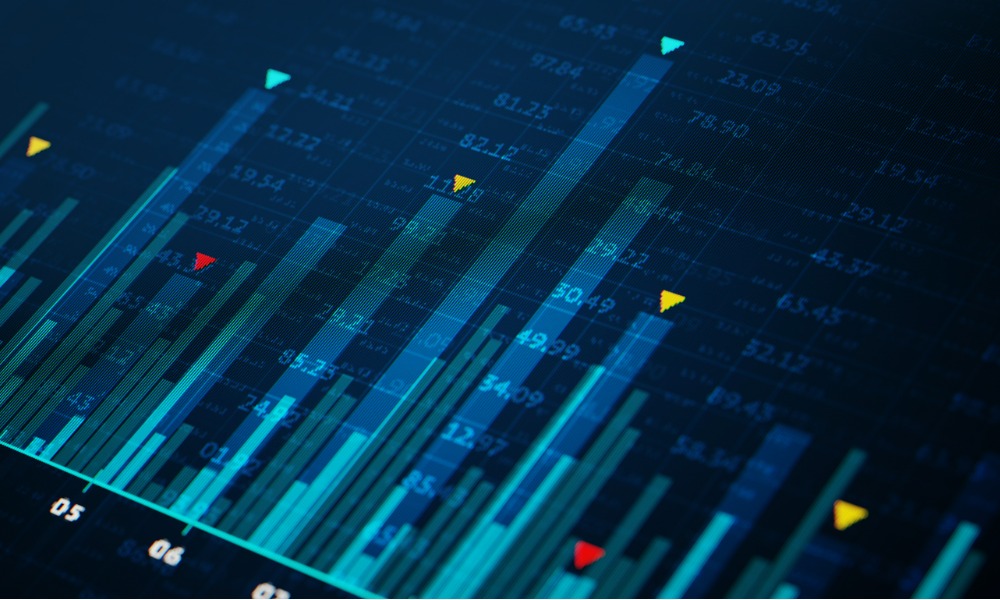The global asset manager's chief investment officer sees better times ahead, but caution is required in the meantime

With little more than a month until the end of a volatile and uncertain year for investors, hopes of a brighter 2023 are growing.
But with the optimism that any new year brings, the investment environment remains challenging, and the chief investment officer of UBS Global Wealth Management says it’s best to stay defensive.
In a new report, Mark Haefele, says 2023 should offer a more constructive investment backdrop, following one of the most challenging years in history for markets.
With inflation easing and investors anticipate rate cuts and higher growth ahead, there are reasons to be more positive, but for now high inflation, rising rates, and slowing growth outlooks are reason for caution.
The UBS GWM report, Haefele and his team advise defensive and value stocks for the early part of 2023, with potential opportunity to buy cyclical and growth stocks as inflation eases and global growth picks up.
Finding more predictable earnings from income strategies and sheltering in havens is also advised, although the report sees potential greenback weakness as the Fed pivots to a more dovish policy.
Macro, low net equity-long short, and multi-strategy hedge funds may help diversify portfolios in the context of periodically elevated equity-bond correlations which is likely to endure in 2023.
“We see a year of inflections ahead and investors currently sheltering from volatility need to plan when, and how, to rotate back into recovery themes in 2023,” Haefele said.
Other expectations
UBS GWM is expecting an ‘era of security’ with governments and businesses prioritizing food, energy, and technological security.
Sustainable investing will continue to grow but the report says investors should pay particular attention to diversification by sector, style, and asset class.
Private markets may also play a prominent role in investors’ portfolio diversification and returns.
“Over the longer-term we see private markets as a way to grow exposure to secular trends of the decade ahead, notably in the areas of digitalization and energy security,” said Haefele.



